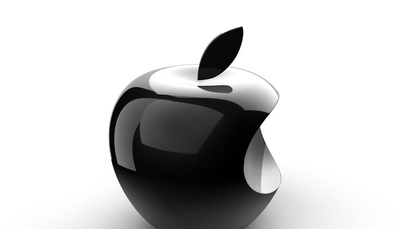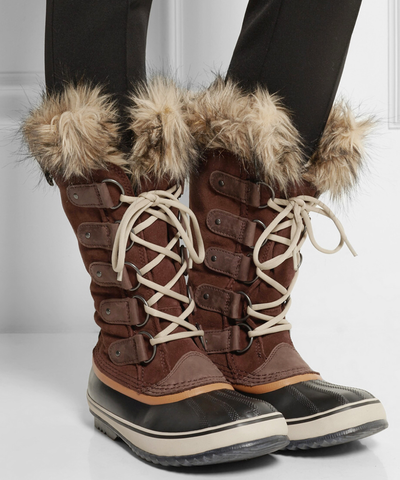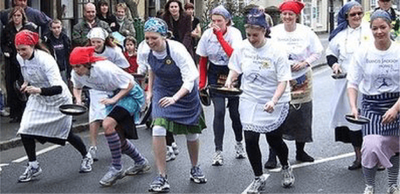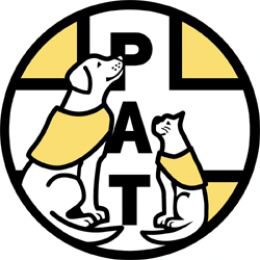|
Money makes the world go around; money money money it's a rich man's world; the best things in life are free but you can keep 'em for the birds and bees, Now give me money, that's what I want.
So many famous songs and so many stress our need for money. Until economic collapse or other major issues change the way we work we all need money. For most of us money is in sort supply and hard earned. Getting the best out of your money is important. Can you afford to save or rather can you afford not to? Bank interest rates are low and hardly encouraging but it never makes sense to live hand to mouth unless you really have to. Many people experience times when money supply is very tight. Having some money to fall back on is important. Personal experience, with no family able to help, meant we learned to survive and steer well clear of serious debt trouble from a young age. So although we do not always get it right, here are some ways discovered over the years to increase your savings. Economise, work out your budget and save as much as possible Firstly you need to know just how much money you have coming in each week or month and just how much is going out. It may be that there is more money left over each month than you had realised and you are just frittering it away. That however is doubtful but you never know unless you are on top of your finances. If this is the case begin a regular savings plan -- one which has the money deducted and transferred immediately into your savings account before you waste it. So, assuming that when you work out your budget you do not have a lot of money left to play about with, see where savings can be made. Sometimes just changing where you shop can save you plenty of money. You might also consider swapping which brands of stock items you buy; after all it's claimed that often the same product is in a packet of branded cornflakes and a non-branded one. Look at cutting back on luxury items, definitely stop buying fast food and having too many restaurant and take-away meals. You will probably lose weight with this one as you save the money. Make your own dishes such as pasta and lasagne rather than buying the more expensive frozen variety. Cut back on the amount of newspapers and magazines you buy. Many people merely glance at such written material and then consign it to the waste bin. You can read most of this on-line anyway. Look at swapping your fuel supplier and bank plus credit card and mortgage provider for a better deal. It is so easy to just carry on with your usual provider and actually lose lots of money. Transferring a credit card balance to a new provider can save you money. However, overall try to limit the use of your credit card or even get rid of it! Credit cards often tempt us to buy things which we would not normally purchase just because they make it easier to buy. If you are in serious trouble with your credit card take proper advice as you may well be able to have interest charges frozen or even wiped away. Try to implement savings around the home that will help the environment as well as your bank balance. Often if you are trying to cut down on expenditure these two go hand in hand. Turning the thermostat on your central heating down slightly, switching of appliances rather than letting them go into stand-by-mode, using energy efficient electrical equipment and light bulbs, and always running the power saving programmes on the washing machine and dish washer can save far more power and money than you can imagine. Work out a general plan to economise. Perhaps deciding to walk at least to or from work could save you money. If you live a long way from work look into the possibility of car sharing. You can often put feelers out regarding this via your workplace intranet or notice boards. Have a garage or car boot sale of all your unwanted goods. Consider taking on a little extra part-time work. Overall though THINK BEFORE YOU SPEND and SPEND WISELY Savings Now that you have streamlined your budget, and begun your economy drive, you hopefully will have more disposable income. Check out the Internet and your local bank for the best savings schemes. In England there are saving co-operatives and ISAs which are great places to keep your money. Individual Savings Accounts have limits - "For each tax year, there's a limit to the amount you can deposit into your ISA – this is your annual allowance. The allowance for the 2016/2017 tax year is £15,240, which you can invest in a cash ISA, an investment ISA, an innovative finance ISA, or a combination of the three." ISAs usually pay a better rate of interest and the fact that they are tax-free saves you money. Savings Co-operatives are often local schemes and aimed at helping the saver whilst giving great benefits. Have a coin pot around the home where you can all put your loose change. Over time you will be surprised how much money accumulates and this can then be banked. Look at investing some of your savings in stocks or shares and in premium bonds or your countries equivalent. Most government savings schemes are fairly safe and pay good interest. If you have a computer look at joining some of the review or survey sites on the Internet which will provide you with a little extra money to save. Consider mystery shopping where you may make a little money and receive goods into the bargain. Remember that old adage that ‘Great oaks from little acorns grow'? Even a small saving can help and you have to start somewhere, but often once you have the saving bug it is catching. The more you save and cut back the more you want to save and cut back. Just remember that you need to live and enjoy life also. Do not let your scrimping take over your life. Do not become miserly. Perhaps you could set a target of a years time and keep records to see how much money you have saved. If at the end of that time the effort was not too all consuming it may be that you have found a new and better way of life. More advice at This is Money
0 Comments
|
Archives
March 2020
Categories
All
|


 RSS Feed
RSS Feed








